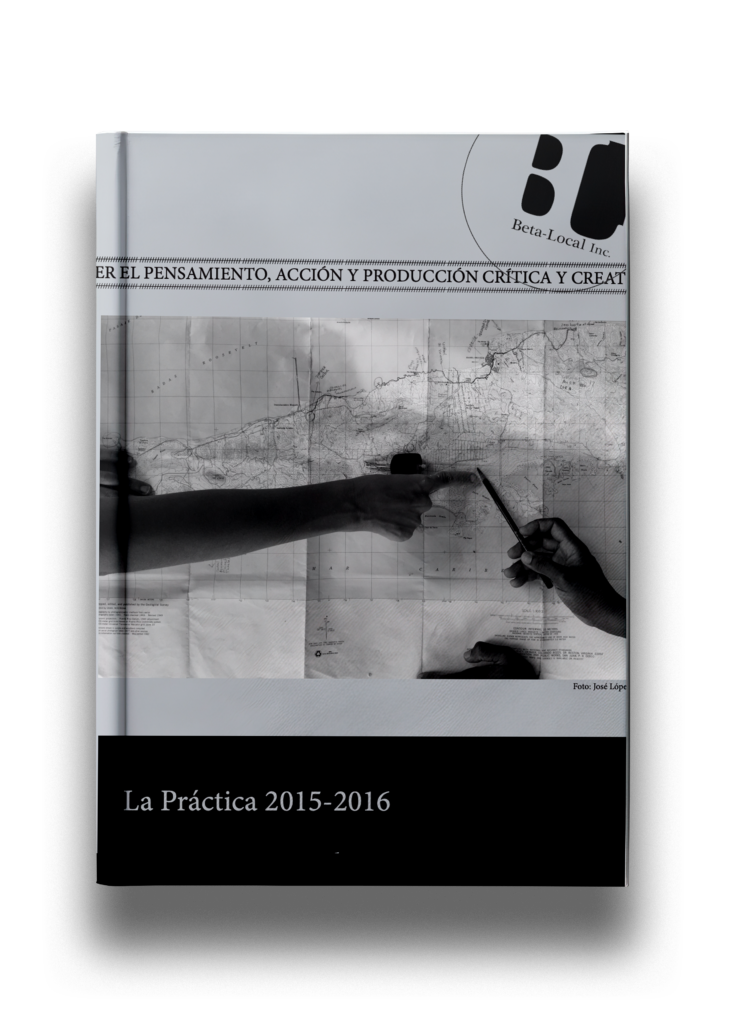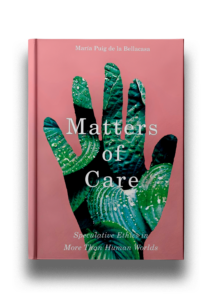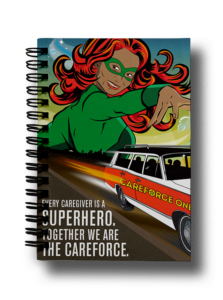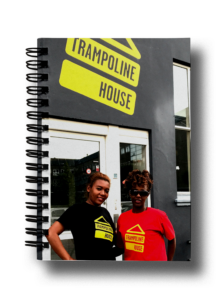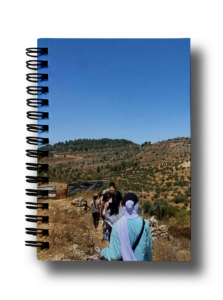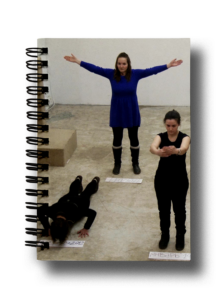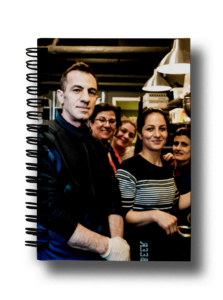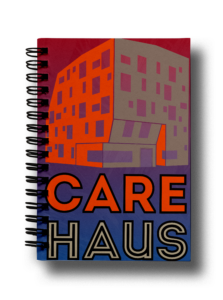Year
2015
Publisher
Self-published in Beta Local
Author
Julia Morandeira Arrizabalaga
Annotation
What affective economies are triggered by social artistic practices? What structures of support do they give rise to? What politics of care govern any aesthetic and political form of organisation or institutionality? Written in the heat of the debate around the so-called ‘new institutionalisms’, this collection of interviews and exchanges with artists, curators, political activists and neighbourhood associations tackles the role and place of affect and care — of a body, of a community, of a memory — in their work. Affective economies and care work are here understood in an expanded, porous, slippery and viscous way, away from moralising or individualised accounts but, rather, in their political, convoluted roughness. Throughout the book the question regarding forms of institutionality and organisation surfaces, raising the concern of building and imagining support structures that convey these affective and care economies.
Julia Morandeira Arrizabalaga
We need to create, instill and live new forms of imagination that put in circulation other affective economies of care towards others. Look as a one-eyed person, collectivise shame, make transparent the baclava of collective struggle.
